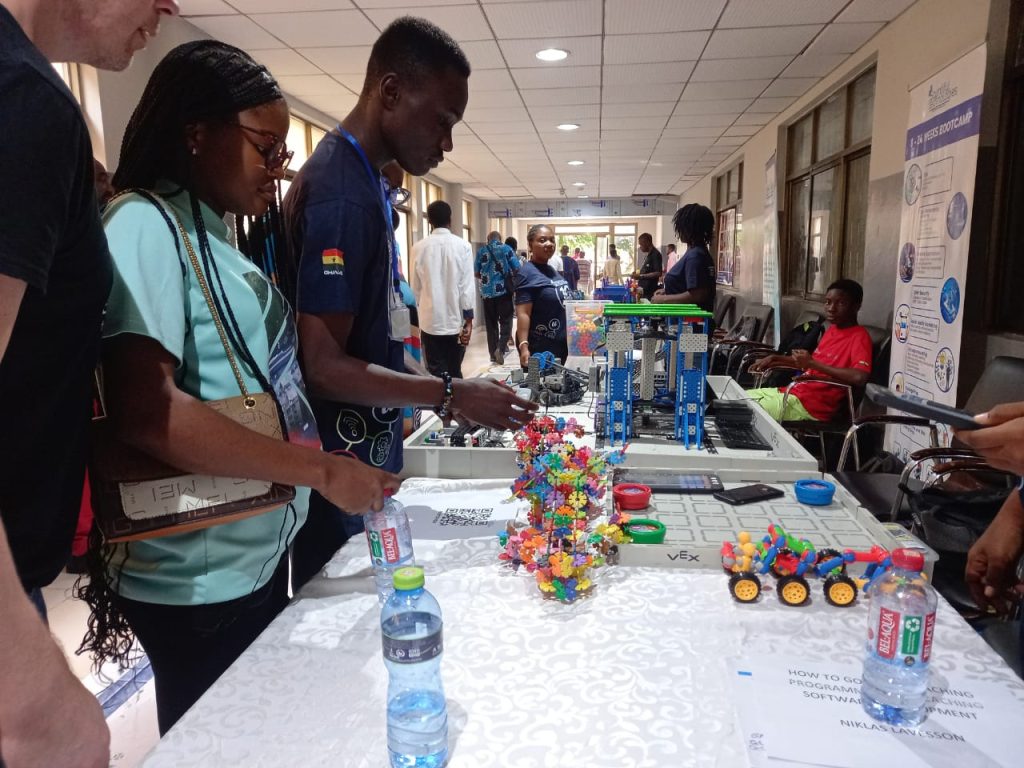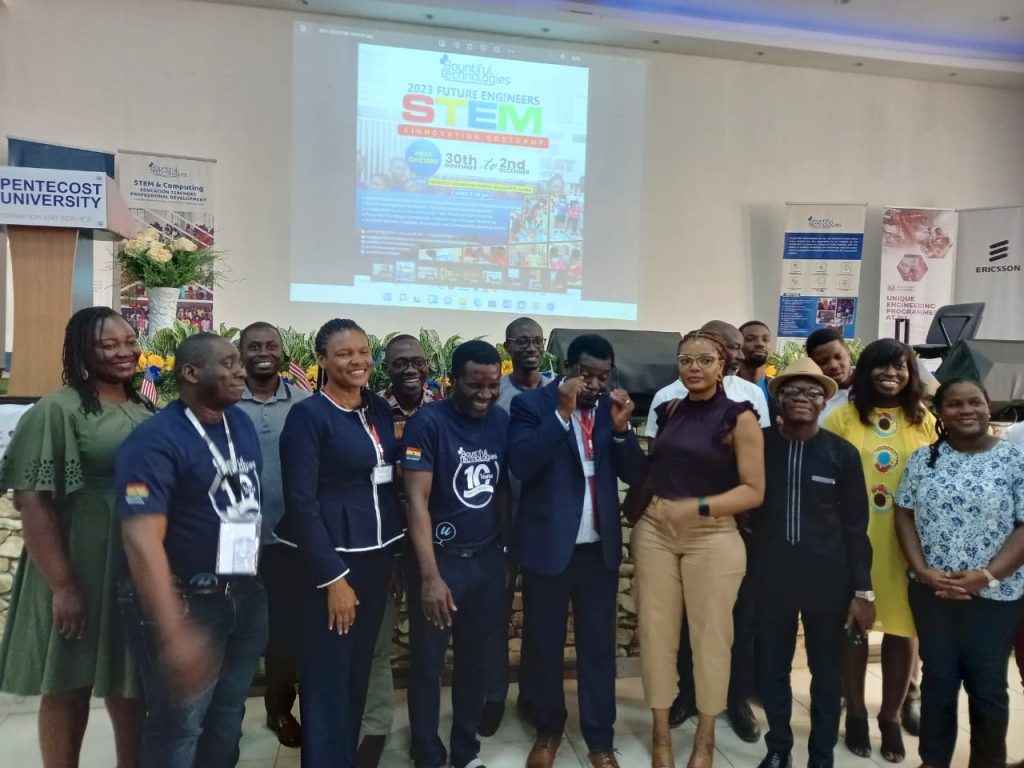By Emelia Nkrumah
Accra, Sept. 04, GNA – Stakeholders in the educational front have advocated a review in Ghana’s education system from the normal theory of learning to the practical aspects.
At a three-day Global Science Technology Engineering and Mathematics (STEM) and Computing Education Summit held in Accra, the stakeholders said the government’s
pursuit to promote STEM education could be effective should Ghana’s education system dwell more on the practical.
The 2023 Global Summit organised by Bountiful Technologies brought together stakeholders in the educational front from Ghana, Sweden, and United States of America among others to discuss how to get resources to create a sustainable STEM education in Ghana.

Reverend John Ntim Fordjor, the Deputy Minister of Education speaking on the theme: “Rethink the state of STEM and Computing Education in Ghana” urged the private sector to get involved in the government’s pursuit to promote STEM education in the country.
He said partnering the government on this initiative would be of great benefit to the institutions, adding that it would enhance students with the needed skills and shape them for the job market.
The Deputy Minister said the government was focused on STEM education, hence, would require partnership with all, especially private institutions, and investors to play a key role in the development of a holistic education in the country.
Mr David Prah, Deputy Director General for Ghana TVET Services said the youth were having high interest in the TVET education and therefore, getting involved with STEM would be of great benefit to the sector.
Mr Seth Ogoe Ayim, Chief Executive Officer of Bountiful Technologies explained that the rationale behind the summit was to train, share ideas and to look for resources and logistics to better promote the STEM education in Ghana.
He reiterated the need for the government to consider resources and training of teachers to make the STEM programme effective, however his outfit would collaborate with some institutions to get resources for teachers.

“In the next five years, I want to see Ghana exporting STEM skills to the world because if you look at the time zone, it is easier to work from Ghana to Europe,” he added.
Mr Ayim explained that there were more boys in STEM education than girls, adding that for the past 10 years, they have trained over 30, 000 students, and 40 per cent of our programmes are girls.
Dr. Paul Kwame Ampadu, Chief Diversity Officer of Virginia Technology said Ghana’s education system was overly geared towards acquisition of knowledge rather than having practical skills.
He said it was time to restructure to give students a variety of options to ready them for the field of work.
Dr. Pamela Gilchrist, Director of K-12 STEM & Computing Programs at Virginia Tech Innovation Campus emphasized the need for building strategic access to STEM and computing education for all by looking beyond boundaries to provide resources for the underserved and less privileged students.
She said being a student in underserved schools or less resourced school should not prevent teachers and students from creating an engaging STEM learning environment with limited resources from the community.
Professor Niklas Lavesson, AI Expert at Blekinge Institute of Technology in Sweden indicated that Ghana had a leadership role in Africa, and therefore, it was important to take STEM education seriously and to also encourage more female participation in the sector.
GNA